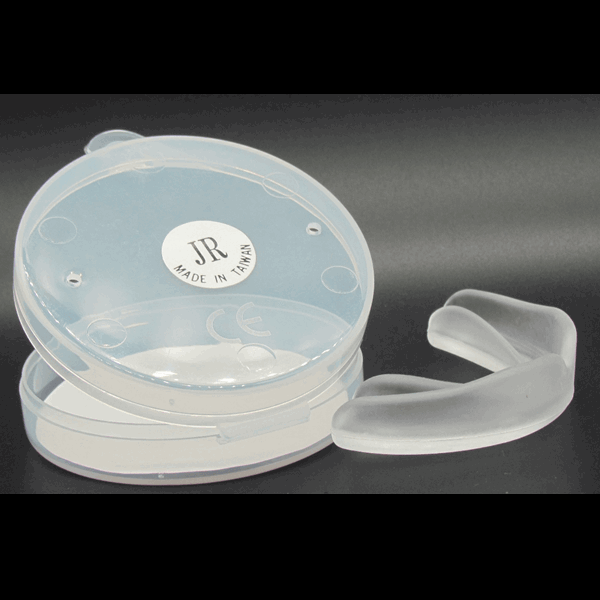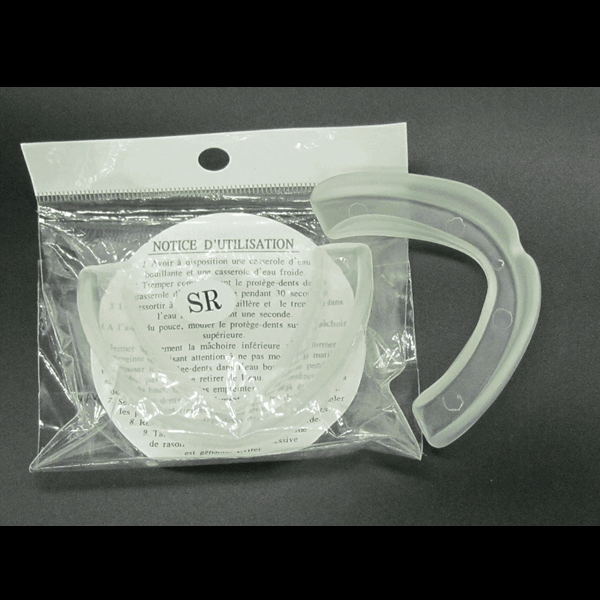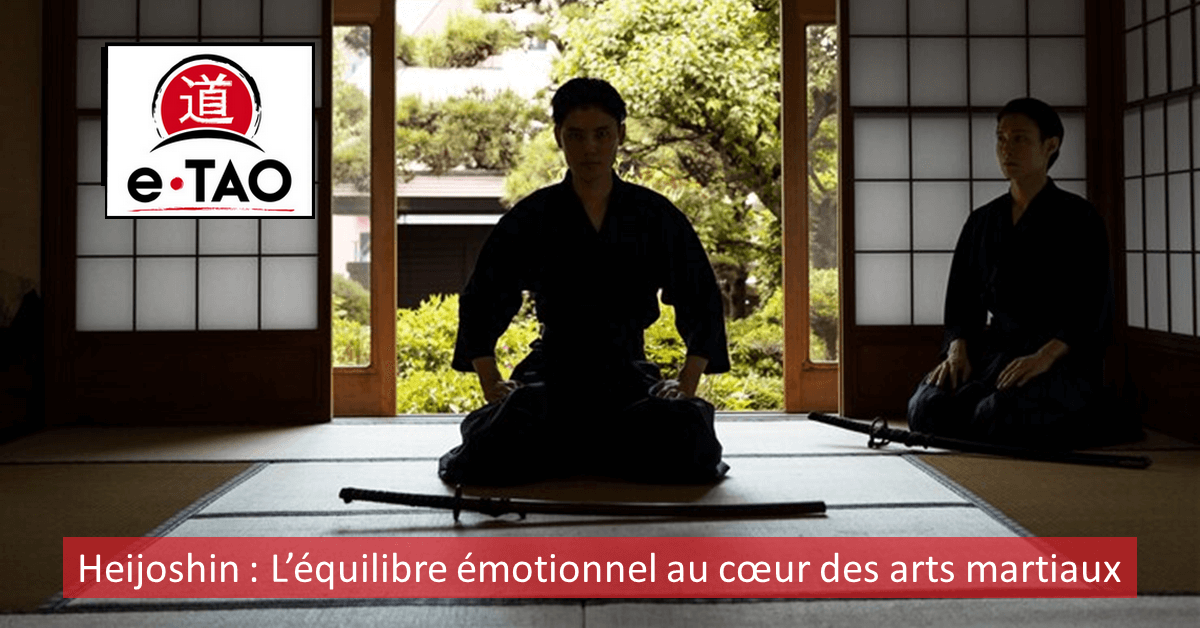In the practice of martial arts, there is a fundamental principle that is often underestimated, yet essential to achieving excellence: Heijoshi (平常心). This Japanese concept literally translates as "calm and balanced mind." A final interpretation could be: "Maintaining one's state of mind in all circumstances." Beyond simple mastery of techniques, Heijoshi embodies the ability to maintain a state of emotional balance in the face of the most stressful or unexpected situations. Let's explore together how this principle applies to and transforms martial arts practice.
The Centrality of the Mind in Martial Arts
In many martial arts, the emphasis is often on the body: physical strength, precision, and speed. Yet, without a stable mind, these qualities can quickly lose their effectiveness. Heijoshi reminds us that the mind is the pivot of all successful action. An emotionally disturbed practitioner risks losing focus, misjudging a situation, or reacting impulsively, which can lead to failure or even injury.
On the contrary, a calm mind allows for clear analysis and appropriate reaction, even under pressure. This is manifested by a stable posture, regular breathing, and emotional control—all factors that promote combat effectiveness.
Integrating Heijoshi into training
Physical training alone is not enough to cultivate Heijoshi. Here are some key steps to incorporating this principle into your practice:
- Breathing control Deep, steady breathing is the first step to calming the mind. Exercises like kokyu (conscious breathing) or Zen meditation can help develop this skill.
- Meditation and Mindfulness These practices promote awareness of one's emotions and better management of them. Active meditation, where one focuses on one's movements and sensations during training, is particularly effective.
- Training under stress : Training in settings that simulate the pressure of real combat allows one to test and strengthen one's Heijoshi. This may include unforeseen scenarios or intense sparring.
Shikai: Mindsets to Avoid
Complementing Heijoshi is an important concept called Shikai (四標), which can be translated as "the four things to avoid" in relation to one's state of mind. These four disturbing mental states are:
- Kyo (恐) : Surprise, which can destabilize you and provoke an impulsive reaction.
- Ku (怖) : Fear, which can paralyze your actions or impair your judgment.
- Gi (疑) : Doubt, which undermines your confidence and delays your decision-making.
- Waku (惑) : Confusion, which leads to hesitation and a loss of mental clarity.
Identifying and mastering these states of mind is an integral part of mental training in martial arts. Awareness of Shikai is essential for maintaining a clear and stable mind.
Heijoshi beyond the dojo
Heijoshi is not limited to the martial arts sphere. In everyday life, this principle applies to professional, personal, or relational challenges. Maintaining a calm mind in the face of adversity is a valuable skill that promotes wise decisions and increased resilience.
For example, a practitioner who masters Heijoshi will be better able to manage conflict at work or remain calm in an emergency situation. This is a transferable skill, making martial arts practice even more rewarding and useful.
Heijōshin (平常心) versus Fudōshin (不動心) are two Japanese concepts related to the mindset and practice of martial arts, but they differ in their meaning and application.
- Heijōshin is more about general serenity and adaptability.
- Fudōshin is more focused on mental toughness and steadfastness in the face of adversity.
Conclusion
Heijoshi is the very essence of the martial mindset. It reminds us that while technique and strength are important, it is our mindset that determines our success, whether on the mat or in life. By cultivating a calm and balanced mind and avoiding the pitfalls of Shikai, we become not only better fighters, but also better versions of ourselves.










